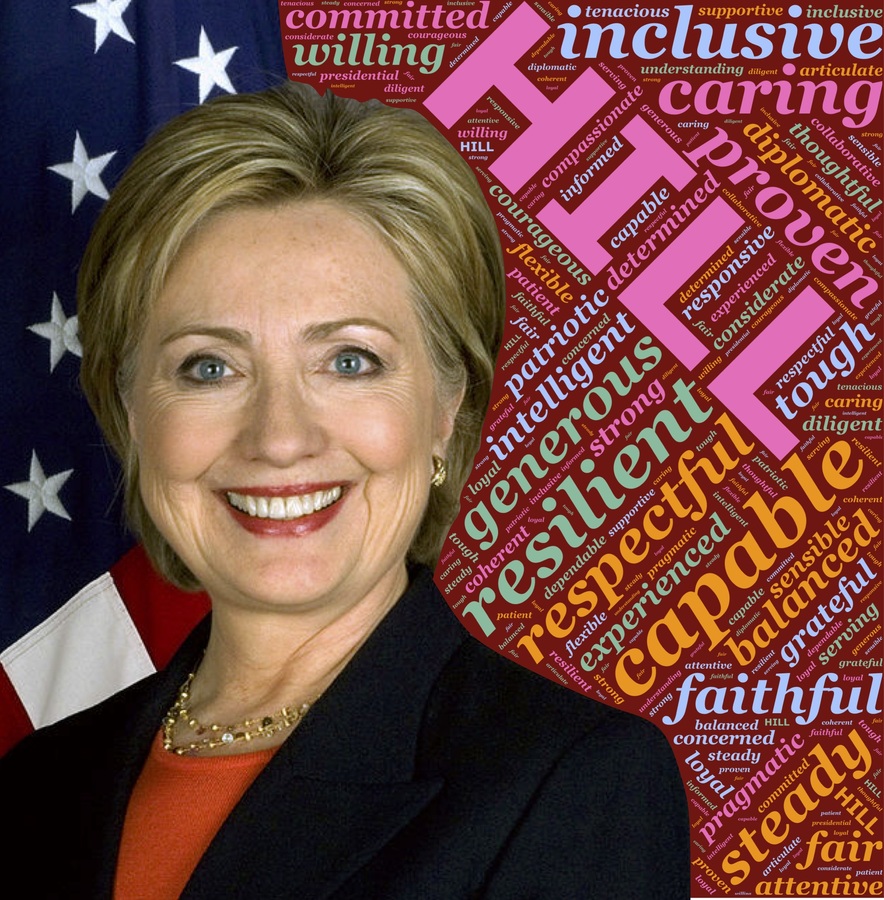You don’t have to be a populist to be popular
Populist politics is a growth market – and a great topic for a PhD dissertation that ties in very neatly with Maastricht University’s (UM) mission to raise global citizens. It also fits Carola Schoor’s career perfectly. She has decades of experience as a public affairs and political communication adviser to members of the Dutch parliament and the European Parliament in Brussels.
“I’ve always been amazed by how politicians use language and metaphor – it seemed such a peculiar way of expressing yourself. I wanted to know more.” Her fascination for her chosen field as well as her background in journalism and academic degrees in linguistics and literature all culminated in her decision to pursue a PhD at UM’s Faculty of Arts and Social Sciences (FASoS) in 2011. “FASoS is very interdisciplinary and the supervisors were great.”
Initially she had planned to research rhetorical shifts in Dutch politics. She was intrigued by Geert Wilders talking about the ‘kopvoddentaks’ (a pejorative term for his proposed tax on headscarves) and losing two seats in the polls as a result. “He’s a skilled rhetorician – he knows what he’s doing. It’s strange since it doesn’t fit the classical theory that politicians use rhetoric to win votes. He just did it to polarise, to make people angry.”
Then global affairs became too germane to her topic to be ignored. Schoor had moved to New York before Donald Trump’s election; Brexit happened at the same time. Busy days for a scholar of populist rhetoric. “I analysed the speeches from the American primaries – and also speeches by Boris Johnson, Jeremy Corbyn, and Nigel Farage before, during, and after Brexit to see what changed.”
Styles and anti-styles
Using discourse theory, she analysed more than 70 speeches in detail. From the analyses emerged a model of three political styles: elitist, pluralist and populist. These styles are identified along three dimensions, namely ideational, social and presentational. For example, populists respectively treat people as a homogenous, good and capable body, of which they, the populists, are a part and whose language they speak on their behalf and with their blessing.
There are respective anti-styles characterised by the common features of the other two styles. For example, anti-elitism is precisely what populism and pluralism have in common: politicians are part of ‘the people’, not of a separate elite, and ‘the people’ are capable of governing and helping themselves.
A very practical theory
This might sound complicated or too neat – but is also very intuitive and borne out by practical application. “Trump is a classical populist: he vowed to return power from corrupt Washington elite to the people, to ‘us’ - always implying he is one of the people. He portrayed democracy as a ‘scam’ that doesn’t work for the people, and politics as a zero-sum game, a fight. The political context he paints is one of constant crisis, from immigration to a loss of international power.”
Populism’s peculiar problem is that it copes poorly with being in power. “Being a president is inherently a bit elitist. You now see Trump shifting more towards elitism.” A populist leader is identical to the people, an elitist the best amongst them. How can this circle be squared? “It’s a logical fallacy along the lines of: If I’m your leader and I’m the elite, then all of you who voted for me must be the elite too.”

You can’t be all things to all people
Mixing the styles is a delicate operation. “An elitist cannot easily evoke pluralist or populist elements without internal contradictions.” This was evident with Hillary Clinton, who was often perceived as inauthentic during her presidential campaign. “She had this beautiful text about women getting paid less for the same work but that she doesn’t see women getting a discount when she goes to do the groceries. But of course, she doesn’t do the groceries herself. People felt that immediately.”
Trying to portray herself as ‘one of the people’ backfired. During his endorsement speech, then-president Obama portrayed her as a tireless civil servant with experience at the highest echelons of power, who would do anything to help people. “That’s an elitist picture but it would have suited her well. This could have been just as powerful and appealing.”
If the shoe fits
You don’t have to be a populist to be popular. According to Schoor’s analysis, Hillary Clinton stumbled over the uneasy marriage between different styles that couldn’t be narratively melded into a coherent whole. Schoor cites Boris Johnson as someone who’s very comfortable wearing the purple mantle of elitism. “He’s funny and eloquent, a great speaker. And he managed to pitch the Brussels elite as the enemy the British elite will fight, for the benefit of the people.”
Yet, a general shift towards populism is noticeable. “Right after the war, Dutch politics was very elitist but then began to shift towards pluralism in the seventies. It bounced back towards pluralism-elitism in the eighties and nineties, after which, a shift towards populism became visible. As a reaction to the populist wave, all politicians feel they have to express that they belong to the people. This goes beyond using more common language. When Rutte spills his coffee, he grabs the cleaner’s equipment and starts mopping up. He wants to look like a normal guy, rather than someone who’s busy running the country.”
The power of words
She noticed the same trend in her analysis around the Brexit campaign. “After the referendum, Johnson, Corbyn and Farage had become more populist. If you accept the outcome of a referendum, it follows that the people have won and you have to reflect that in your rhetoric. But, of course only around 47% did want it, so a referendum is really very anti-pluralist.” COVID-19 on the other hand is more suitable to a pluralist narrative (all of us against the virus) or even an elitist one (do as we say to stay safe).
“The nuances of language, the little words, constitute the structure that subconsciously influences the way we speak, think and act – so this is important to study and understand.” She is happy with her model and confident it would also apply in another political context. Ultimately, though, she thinks it’s not about which political style politicians adopt but that they have style. “People can tell if someone is authentic, if the things they say are well put and congruent with their personality and their narrative.”
Also read
-
SBE researchers involved in NWO research on the role of the pension sector in the sustainability transition
SBE professors Lisa Brüggen and Rob Bauer are part of a national, NWO-funded initiative exploring how Dutch pension funds can accelerate the transition to a sustainable society. The €750,000 project aims to align pension investments with participants’ sustainability preferences and practical legal...

-
Fresh air
Newly appointed professor Judith Sluimer (CARIM) talks about oxygen in heart functioning and the 'fresh air' the academic world needs.

-
Özge Gökdemir and Devrim Dumludağ reveal differences in competitive behaviour between women in the Netherlands
Economists and spouses Dr Özge Gökdemir and Professor Devrim Dumludağ conducted a study for Maastricht University that reveals differences in competitive behaviour between women in the Netherlands. Their findings will be published soon in a scholarly journal. Here, they give us a sneak peek.
